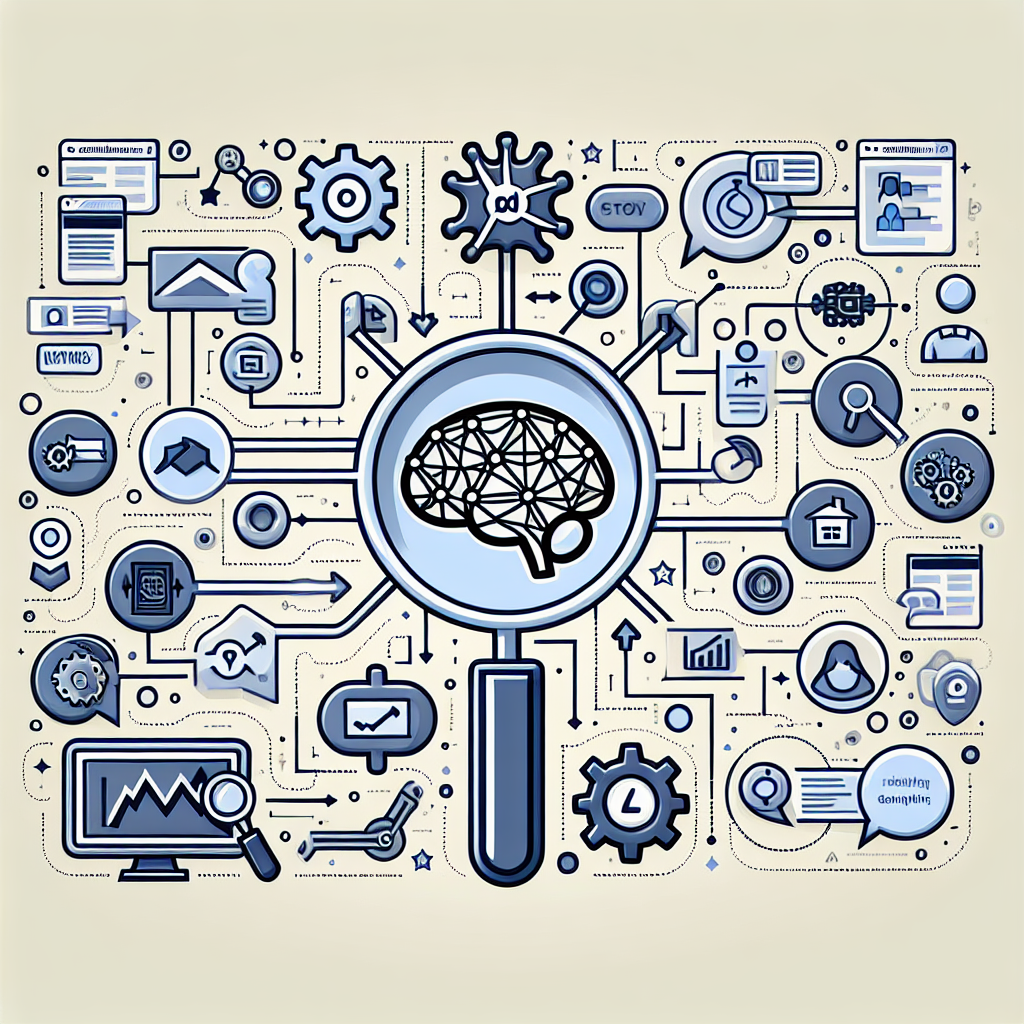Introduction: The Evolution of Paid Search Advertising
Paid search advertising has undergone a dramatic transformation over the past decade, transitioning from manual keyword bidding and basic ad targeting to data-driven automation and hyper-personalized experiences. Today, artificial intelligence (AI) sits at the core of this transition, enabling businesses to optimize their paid search campaigns more effectively than ever before.
With billions of dollars being poured into pay-per-click (PPC) campaigns annually, maximizing the return on advertising spend (ROAS) has become paramount. Leveraging AI can not only boost performance but also streamline campaign management to save time and resources.
How AI Transforms Paid Search Ads
1. Smarter Keyword Targeting
Traditional keyword targeting involves extensive research and manual selection. AI simplifies this process by analyzing historical performance data and user behavior to identify high-converting search terms. Machine learning models can predict which keywords are most likely to generate clicks and conversions, allowing marketers to shift focus from guesswork to strategy.
2. Dynamic Ad Creation and Personalization
AI tools can generate ad copy that aligns with user intent and context. Platforms like Google Ads use Responsive Search Ads (RSA) powered by AI to test different combinations of headlines and descriptions in real time. These systems learn which messages resonate best with audiences, ultimately improving click-through rates (CTR) and conversions.
3. Automated Bidding Strategies
One of the most impactful ways AI optimizes paid search is through automated bidding. Smart Bidding algorithms evaluate factors such as device type, location, time of day, and user behavior to dynamically adjust bids for each individual auction. This ensures that advertisers are paying the right price at the right time for each click — maximizing ROI effortlessly.
4. Enhanced Audience Targeting
AI can segment audiences with extraordinary precision. By analyzing demographics, site behavior, past interactions, and even psychographics, AI enables more accurate targeting and remarketing. Tools like Google’s Audience Expansion or Facebook’s Lookalike Audiences use AI to find new users similar to your highest-value customers.
The Role of AI in Performance Tracking and Analytics
Campaign success isn’t just about real-time optimization — it’s about continuous learning. AI enhances analytics by detecting trends, predicting outcomes, and even recommending adjustments. Predictive analytics can foresee campaign performance based on historical data, while anomaly detection quickly flags issues if performance dips unexpectedly.
These AI-powered insights help advertisers refine their strategies, reallocate budgets, and continuously iterate for success.
Top AI Tools for Paid Search Optimization
Several tools leverage AI to help marketers improve their PPC campaigns:
- Google Ads Smart Campaigns – Uses AI to automate ad creation and targeting for small businesses.
- Optmyzr – Offers AI-powered suggestions for keyword management, bidding, and A/B testing.
- WordStream – Provides smart recommendations for ad performance improvement.
- Adzooma – A platform that uses automation and AI to optimize ad campaign structures.
Best Practices for Using AI in Paid Search
While AI offers powerful capabilities, effective integration requires thoughtful implementation. Here are a few best practices:
- Start with Clean Data: AI models are only as good as the data they use. Ensure tracking and analytics tools are properly set up.
- Test and Learn: Use A/B testing frameworks supported by AI tools to validate changes before scaling.
- Monitor and Stay Informed: AI can automate, but human oversight is key. Review performance regularly and refine goals.
- Combine with Human Creativity: Use AI to do the heavy lifting and free up time to focus on creative strategy and branding.
Conclusion: The Future of AI in Paid Search
AI is not a replacement for human marketers — it’s an enhancement. By automating routine tasks, providing critical insights, and fine-tuning every component of a paid search campaign, AI empowers marketers to focus on the strategic and creative elements that truly differentiate their brand.
As AI technology continues to evolve, early adopters who embrace its potential will enjoy stronger performance, better targeting, and more scalable growth. The fusion of AI and paid search is not only here — it’s shaping the digital marketing landscape of tomorrow.






